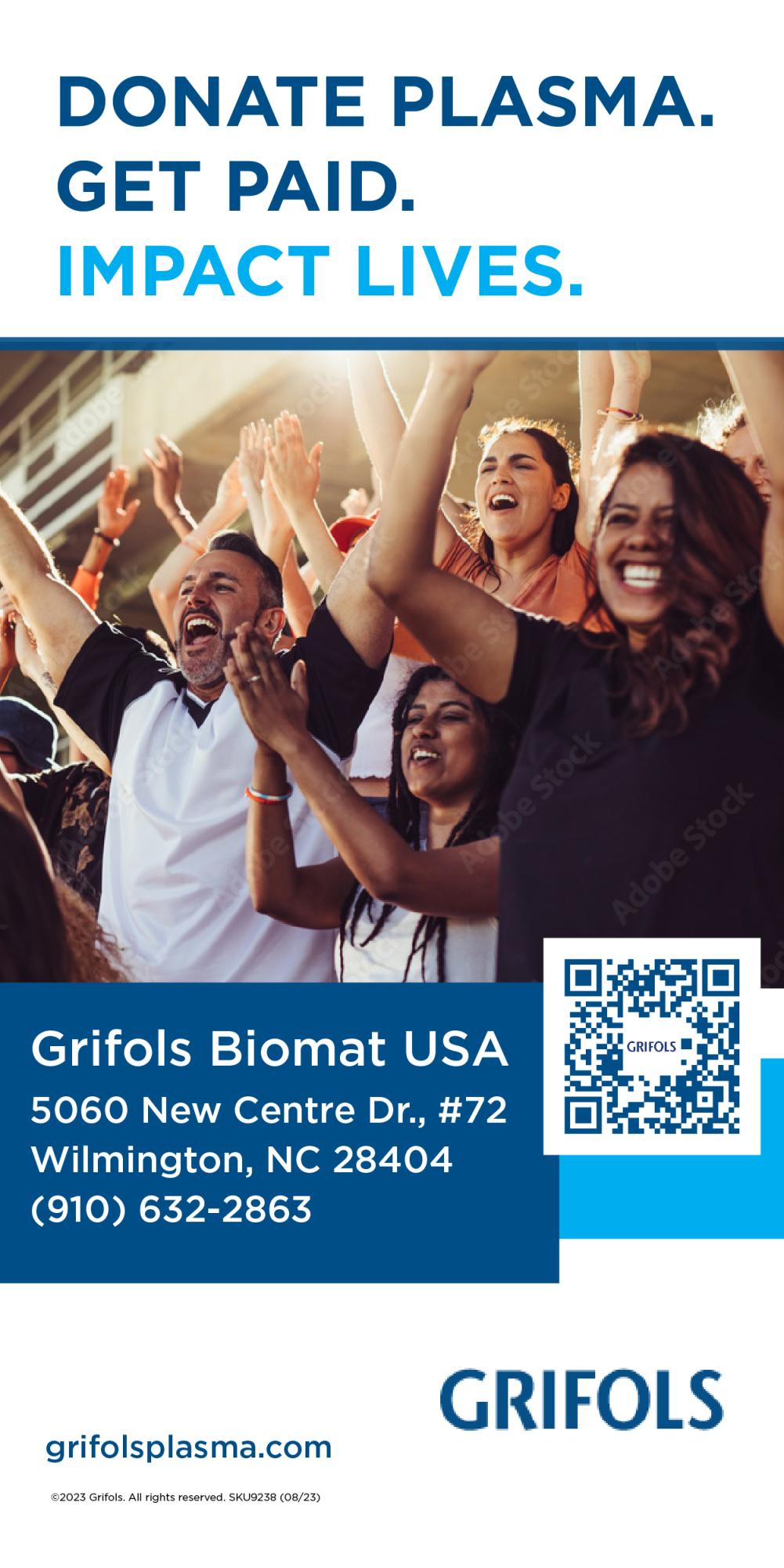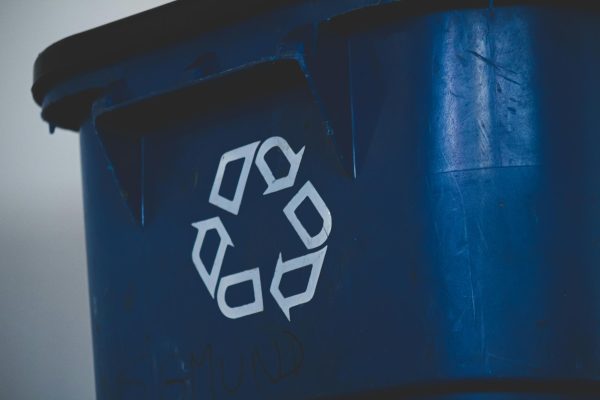e-TEAL will add to univerity’s applied learning excellence
March 14, 2013
e-TEAL is everywhere-from the 2,000 Slinkys and t-shirts with the e-TEAL logo distributed throughout campus, to the banners hanging from the Student Recreation Center and Randall Library. But, its effect is greatest in the intangible.
e-TEAL is experiencing Transformative Education through Applied Learning, and the program needs to be approved so UNC Wilmington can move closer to re-accreditation.
UNCW is in the process of re-accreditation, which happens every 10 years. The Southern Association of Colleges and Schools Commission on Colleges is the accreditation body that sets the criteria for universities in the southern region. Part of its criteria is the development and implementation of a Quality Enhancement Program. A QEP will focus on learning outcomes and the environment that supports student learning.
On campus the week of March 18, the SACSCOC review team will be looking to ensure the university has the capacity to run e-TEAL as the QEP, that the focus is clear and that its development has included broad-based involvement.
Since Fall 2010, UNCW’s QEP Task force has been working to develop what is now in the final stages of production: e-TEAL.
Applied Learning, which e-TEAL focuses on, is a model that gives students the opportunity to integrate classroom knowledge into outside experiences. Independent studies, internships, community service, honors projects and study abroad are all examples of how UNCW students experience Applied Learning every day. If approved next week, e-TEAL will nurture these experiences.
“It is really geared toward improving student learning and promoting professional development of instructors,” said QEP Topic Development Coordinator, Kim Cook.
There are three aspects of e-TEAL that will ensure the requirements for UNCW’s QEP are met. The first approach is an Applied Learning Summer Institute that will be open to faculty and staff, and will include workshops by nationally recognized experts. The second approach is the Applied Learning and Teaching Community, which encourages faculty and staff to use Applied Learning practices in their courses.
The final approach is the e-TEAL supported initiatives, which will provide funding to support Applied Learning opportunities.
“This is where the heart and soul of the implementation is going to occur,” Cook said. “The implementation strategy and the e-TEAL supported initiative strategy will be direct support for the classroom, direct support for the learning experience of the students.”
The purpose of the QEP taskforce is to build the QEP. Two undergraduate students, two graduate students and members of faculty and staff represent all the major colleges on campuson the task force.
Patrick Lecompte, SGA treasurer and undergraduate member of the QEP task force, was nominated his sophomore year to be the voice of the undergraduate students in the development of the program. Lecompte, now a senior at UNCW, has worked with the rest of the task force in everything from the research and data collection at the beginning of the process to last week’s Slinky promotions.
UNCW has not had to develop a QEP before, because the SACSCOC did not require it until 2004, after UNCW was accredited the last time.
According to Cook, a QEP for UNCW is vitally important in continuing to improve the educational experiences offered to students, faculty and staff.
“This is a plan that lasts five years,” Cook said. “So in order for it to be a vibrant and delightful part of our academic enterprise that people want to participate in, it has to be something people are really interested in and value.”
Cook, who takes pride in the Applied Learning that takes place at UNCW without the requirement of QEP, hopes to develop the program to be looked to as a model for other universities to follow.
She is proud of the work the university has put into the development of e-TEAL and credits the enjoyable process to the talented students, faculty and staff that she has worked with. She is confident that e-TEAL has the required materials needed to pass as UNCW’s QEP.














